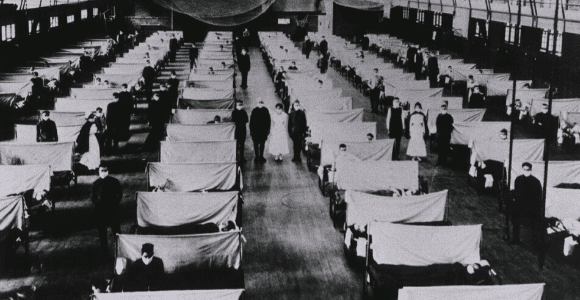Welcome readers! Please subscribe through the buttons on the right if you enjoy this post.

Every community has its own way of relating to the rejection of leaders in whom they see hope for the future wellbeing of their society. Consider this passage from Luke’s gospel.
“Because of this, God in his wisdom said, ‘I will send them prophets and apostles, some of whom they will kill and others they will persecute.’ Therefore, this generation will be held responsible for the blood of all the prophets that has been shed since the beginning of the world, from the blood of Abel to the blood of Zechariah, who was killed between the altar and the sanctuary. Yes, I tell you, this generation will be held responsible for it all.” (Luke 11:49-51)
Many scholars believe this passage in Luke to have been written after the fall of Jerusalem. In this passage, the Gospel authors are trying to make sense of such devastation. Was their interpretation healthy and life-giving or not?
I want to be careful here. Christianity has a long, anti-Semitic history of attaching punitive explanations to Jerusalem’s destruction, saying it was God’s punishment of the city for rejecting Jesus. I don’t believe that, even if the gospel authors connected Jesus’ rejection with what later happened to Jerusalem.
Whether it was life-giving or not, though, they made this connection. I also see them making a much more organic, intrinsic connection between a society that rejected Jesus’ teachings about wealth redistribution and restructuring the community to prioritize the poor and the poor people’s uprising and the revolt of the late 60s. The poor people’s revolt led to the Jewish-Roman war of 66-69 and then to Rome’s reprisal and razing Jerusalem in 70 C.E. The connection is less divinely imposed and arbitrary and much more natural, about a political, economic, and social cause and effect.
Today, we as a society are witnessing resistance to a more distributively just way of organizing our society. A widening gap between haves and have-nots has been building over the last half-century here in the U.S. Do Jesus’ economic and political teachings have anything to offer our lives today? Even if we were to reduce Jesus’ teachings to his Sermon on the Mount in Matthew 5-7 and Sermon on the Plain in Luke 6, might they be able to speak into our struggles today?
Take a moment to consider Jesus’ teaching of the Golden Rule. What would a society that prioritizes treating others as you would like to be treated look like? Would it be a system that made the members of the community more “selfish, hypocritical, crass and violent” (see Robert Owen’s, A New View of Society: Essays on the Principles of the Formation of Human Character, 1813), or would it create people who are less competitive, less individualistic, more generous, and collectively sustainable?
In Matthew’s gospel we read:
“So in everything, do to others what you would have them do to you, for this sums up the Law and the Prophets. Enter through the narrow gate. For wide is the gate and broad is the road that leads to destruction, and many enter through it. But small is the gate and narrow the road that leads to life, and only a few find it.” (Matthew 7:12-14)
Jesus’ version of the “golden rule” was the small gate and narrow path that leads to life.
And in the context of the golden rule, two things have caught my attention over the past few weeks as we all respond to the COVID-19 pandemic: 1) the criminal justice system in the U.S. and 2) the economic impact on the U.S. migrant community.
We’ll take a look at both in parts 2 and 3.













